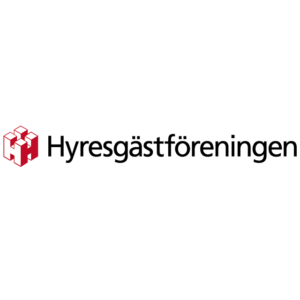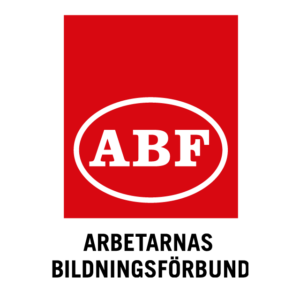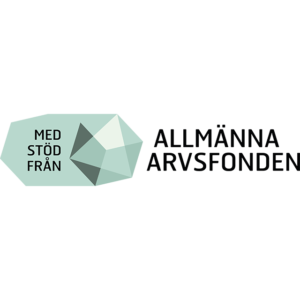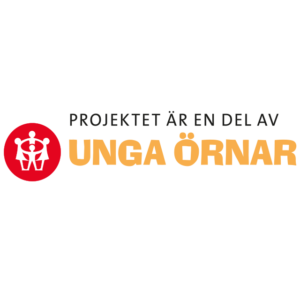Meeting1
Democracy
The fact that a state is a democracy means that those who are citizens or live in the country decide how the country should be governed. This can be done through direct or representative democracy. Direct democracy is when a decision is taken through referenda, that is, every citizen is allowed to vote on what they think about a specific issue. The most common is that countries are governed by representative democracy, which means that the people are allowed to vote in regular elections about which politicians should represent them in decision-making.
It is usually said that Sweden became a democracy in 1919 when universal suffrage was introduced. However, this vote did not apply to women who, after protests and name-gathering, were given the right to vote two years later, in 1921. But there were more people who were excluded from the so-called universal suffrage, in 1937 people in prison got to vote and only in 1945 were they who voted on social security contributions and not until 1989 did the state’s power to curtail persons and thereby limit their rights, including their voting rights, was abandoned. Today, all citizens in Sweden over 18 years have the right to vote. People who are citizens of another EU country or in Norway or Iceland have the right to vote in the regional and municipal elections if they are registered in Sweden. If you are not a citizen of any of the above countries, you can vote in the regional and municipal elections if you have been registered in Sweden for at least three years. No one needs to tell anyone what they are voting for – it is a right called election secret.
Sweden has elections every four years, when representatives from the Riksdag, the region and the municipal council are elected. The next election in Sweden will be held in 2022. For a political party to enter the Riksdag, they must have received at least 4% of all votes. There are 349 seats in the Riksdag and these are then divided as a percentage between the various parties that have crossed the 4% limit.
In addition to regular elections and the right to influence, democracy is about all people having equal rights and equal value, expressing their views and organizing. The opposite of democracy is dictatorship. In a dictatorship, citizens must not vote for who should represent them in decision-making, instead it is one or a few people who have taken power who govern the country as they wish. In a dictatorship, neither individuals nor the media can express opinions that go against the dictator’s views, this is called censorship. It is not always that a state is a purely dictatorship but may also have some democratic features. There are four different types of dictatorship:
One empire, when the royal house is the governing body.
Party dictatorship, when a party is the governing body.
Theocracy, when religion rules.
Military dictatorship, when the military governs.
To protect democracy in Sweden, we have a constitution. A constitution stands above all other laws – this means that other laws must never conflict with the constitutions and that it is much more difficult to change a constitution. In Sweden we have four constitutions: the form of government, the succession order, the Freedom of Expression Regulation and the Freedom of Expression Constitution. The form of government describes how Sweden should be governed and how public power should be distributed. It is in the form of government that the basis for Sweden’s democracy is established by describing how general elections are conducted. But in addition to determining how the Riksdag and the government should be elected and operating, the fundamental freedoms and rights of citizens are also established. In the form of government it also states that Sweden’s head of state is a monarch, but it is in the succession order the succession is determined, that is, who inherits the throne.
The Press Freedom Ordinance states that the state must not review what is written in newspapers or books, this law thus prevents censorship. On the other hand, one must not write things that go against other laws, such as incitement to popular groups or slander. The Freedom of Pressure Regulation protects democracy by giving the people freedom to express themselves, while also giving the people protection against threats and violations.
The Freedom of Expression Constitution is similar to the Freedom of Pressure Act but is instead applied to media such as television, radio and the internet.
Videos for the Democrat leader




